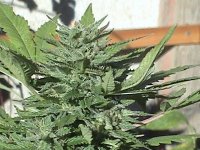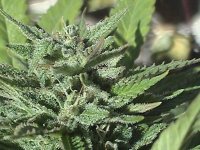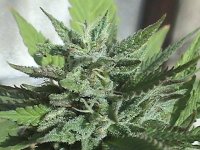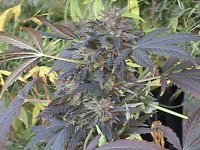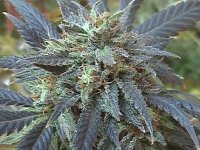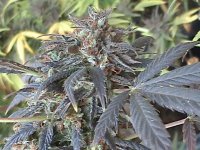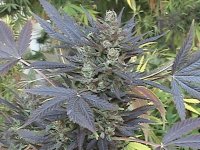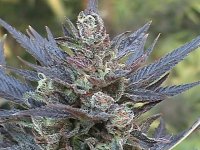Gascanastan
The leaves from the neem & karanja contain Cyclic trisulphide and Cyclic tetrasulphide which are powerful fungicides as they are sulfur-containing compounds. For several hundred years the dried leaves have been added to sacks of grain to prevent 'mold' (Source: NEEM: A Treatise by K.K. Singh, Suman Phogat, R.S. Dhillon and Alka Tomar)
The leaves also contain Nimbidin, Nimbin and Gedunin and others which are bio-pesticides. How you would extract these specific compounds is not something I can answer. While we focus on the oils from the seeds, the leaves have played a far more important role in the 5,000+ year history - by leaps and bounds actually.
Get the extraction down and you would have something pretty special. These compounds can be purchased from a few Indian chemical suppliers but the $$$ makes them prohibitive other than for research organizations and universities.
EDIT: Neem Tree Farms in Florida has fresh as well as dried leaves and the bark (dried)
CC
The leaves from the neem & karanja contain Cyclic trisulphide and Cyclic tetrasulphide which are powerful fungicides as they are sulfur-containing compounds. For several hundred years the dried leaves have been added to sacks of grain to prevent 'mold' (Source: NEEM: A Treatise by K.K. Singh, Suman Phogat, R.S. Dhillon and Alka Tomar)
The leaves also contain Nimbidin, Nimbin and Gedunin and others which are bio-pesticides. How you would extract these specific compounds is not something I can answer. While we focus on the oils from the seeds, the leaves have played a far more important role in the 5,000+ year history - by leaps and bounds actually.
Get the extraction down and you would have something pretty special. These compounds can be purchased from a few Indian chemical suppliers but the $$$ makes them prohibitive other than for research organizations and universities.
EDIT: Neem Tree Farms in Florida has fresh as well as dried leaves and the bark (dried)
CC
Last edited:


